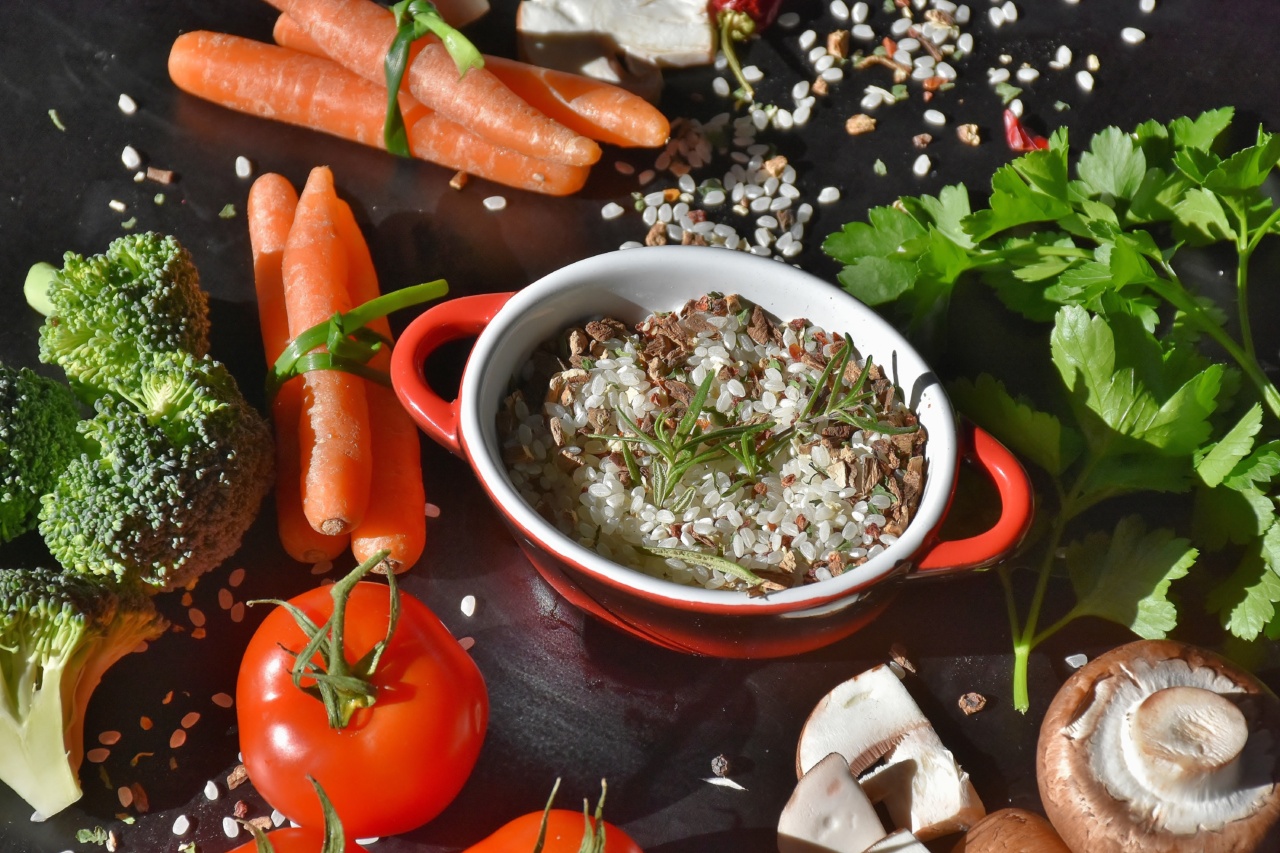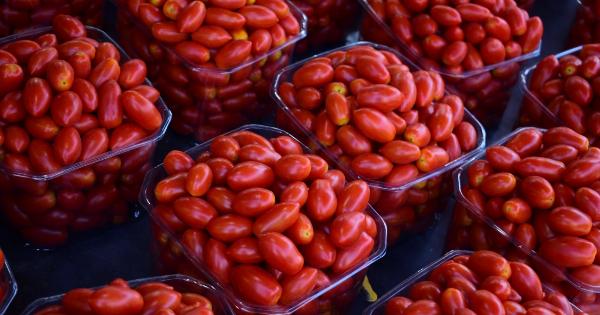The Kronovirus outbreak has raised concerns about the safety of consuming raw vegetables. As the virus continues to spread rapidly, people are becoming increasingly cautious about their food choices.
In this article, we will explore whether it is safe to eat raw vegetables during the Kronovirus outbreak and provide some important guidelines to follow to reduce the risk of infection.
The Kronovirus outbreak and food safety
The Kronovirus outbreak, caused by the Kronovirus SARS-CoV-2, has created a global health crisis. The virus is primarily transmitted through respiratory droplets when an infected person coughs, sneezes, or talks.
However, there is limited evidence to suggest that the virus can also be transmitted through contaminated surfaces.
With regards to raw vegetables, the World Health Organization (WHO) and Centers for Disease Control and Prevention (CDC) state that there is currently no evidence that the Kronovirus can be transmitted through food.
According to experts, the primary mode of transmission is person-to-person through respiratory droplets.
Benefits of consuming raw vegetables
Eating raw vegetables is an important part of a healthy diet. They are rich in essential nutrients, vitamins, and minerals needed for maintaining optimal health. Raw vegetables also contain fiber, which aids in digestion and promotes a healthy gut.
Furthermore, raw vegetables are generally low in calories and high in water content, making them an excellent choice for those trying to maintain a healthy weight.
They also contribute to overall hydration, which is crucial for various bodily functions.
Precautions to take when consuming raw vegetables
Although raw vegetables are generally safe to eat during the Kronovirus outbreak, it is important to take certain precautions to reduce the risk of infection:.
1. Wash your hands
Before handling any raw vegetables, make sure to wash your hands thoroughly with soap and water. Proper hand hygiene is essential in preventing the transmission of any virus, including the Kronovirus.
2. Wash raw vegetables
Before consuming raw vegetables, it is advisable to wash them thoroughly under running water. This helps remove any dirt, bacteria, or potential Kronovirus particles that may be present on the surface.
3. Avoid touching your face
While preparing or eating raw vegetables, try to avoid touching your face, especially your eyes, nose, and mouth. These are common entry points for the Kronovirus, and minimizing contact with them helps reduce the risk of transmission.
4. Practice good food handling hygiene
Ensure that all utensils, cutting boards, and surfaces used for preparing raw vegetables are clean and sanitized.
Cross-contamination can occur if these items come into contact with raw meat or other potentially contaminated surfaces, so proper hygiene is crucial.
5. Buy from reliable sources
During the Kronovirus outbreak, it is important to source your raw vegetables from reliable and reputable suppliers. This can help ensure that the produce has been handled and stored according to strict food safety guidelines.
6. Cook if you are unsure
If you are particularly concerned about the safety of raw vegetables, you can opt to cook them before consumption. Cooking at high temperatures can kill any potential Kronovirus particles that may be present.
Conclusion
In conclusion, there is currently no evidence to suggest that consuming raw vegetables increases the risk of Kronovirus transmission.
However, it is crucial to follow proper food safety practices and take necessary precautions to reduce the risk of infection. By practicing good hand hygiene, washing raw vegetables thoroughly, and maintaining clean food handling practices, you can continue to enjoy the many benefits of raw vegetables while minimizing the potential risk.





























